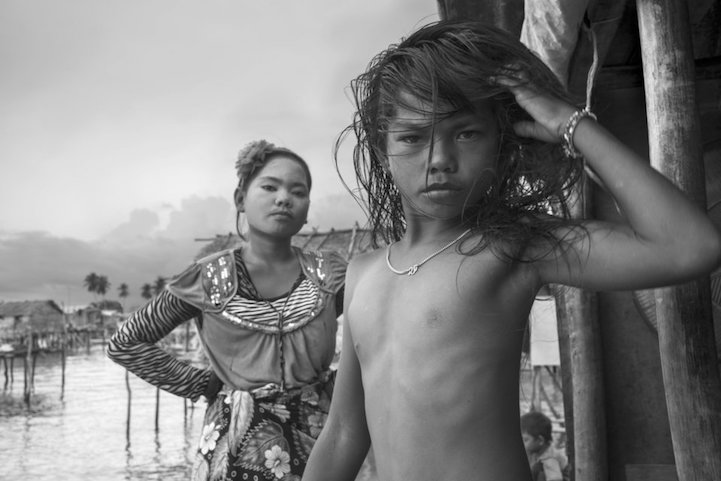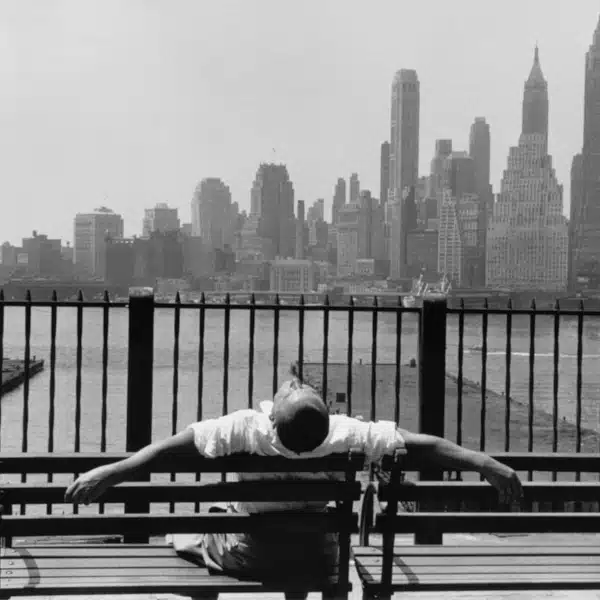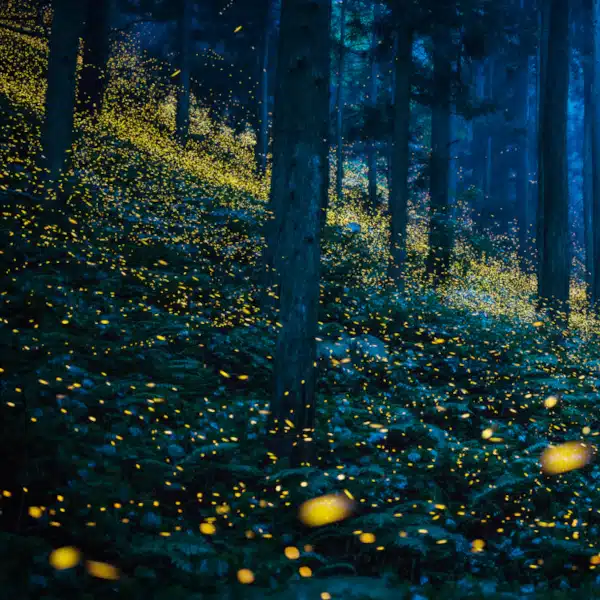Searching for an alternative to the patriarchal societies often found in Western countries, French photographer Pierre de Vallombreuse journeyed to Southeast Asia to document the fascinating lives of indigenous people in cultures that place equal or even more value on women. Taking a humanistic approach to an anthropological question, de Vallombreuse used his camera to explore the progressive traditions of isolated communities that have remained untouched by globalization and technology.
“Most of the cultures in Southeast Asia are more based on equality than domination,” the photographer wrote to us in an email. For this series Souveraines, which was commissioned by Arthaud Publishing, de Vallombreuse selected four remote cultures where women play decisive and central roles in governance and spirituality–the Khasi, a matrilineal and matrilocal society in northeastern India; the Palawan, a non-hierarchical community in the Philippines; the Mosuo ethnic group in China; and the Badjao, a sea-dwelling group that prefers boats to houses.
De Vallombreuse told us that some of the most striking things he observed in these societies included “fluidity, simplicity, and normality” between men and women. “This should be normal everywhere,” he said.
“Equality, mutual respect between the sexes, freedom to all; some traditional societies grant women leading social and spiritual roles,” the series description reads on the website of Galerie Argentic, where Souveraines is currently on display in an exhibition. “Among these peoples, women, recognized for their uniqueness and skills, are masters of their destiny.”
De Vallombreuse's striking imagery can be seen at Galerie Argentic in France through November 21. Souveraines will also be available in a book, to be released by Arthaud Publishing in concurrence with the exhibition dates.
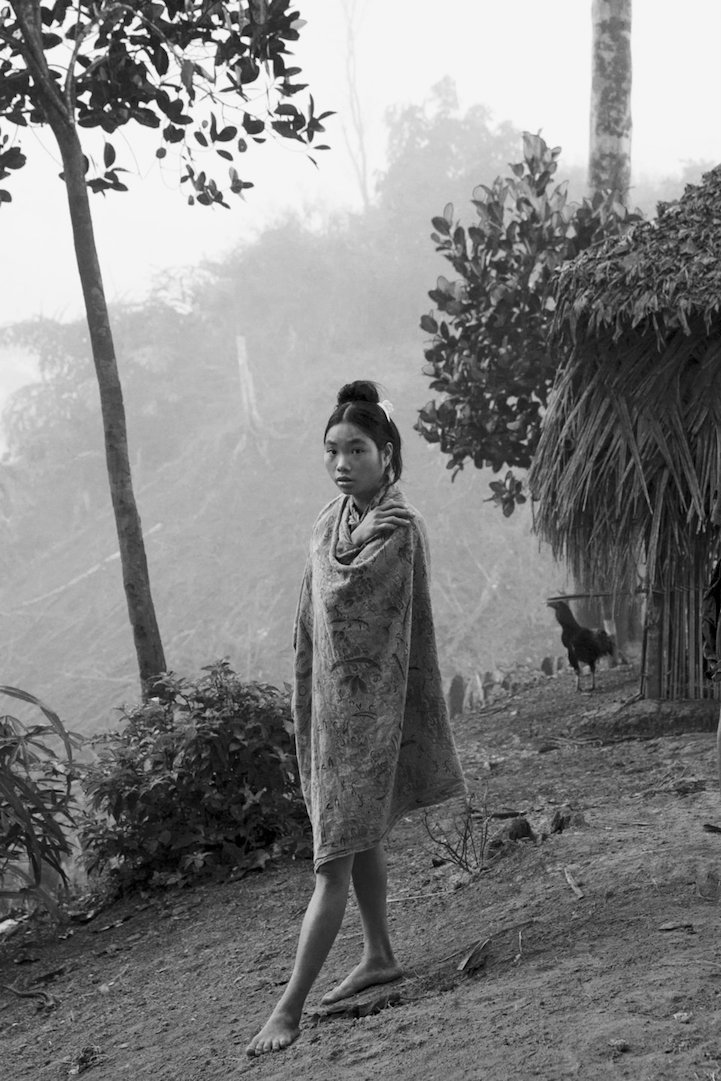
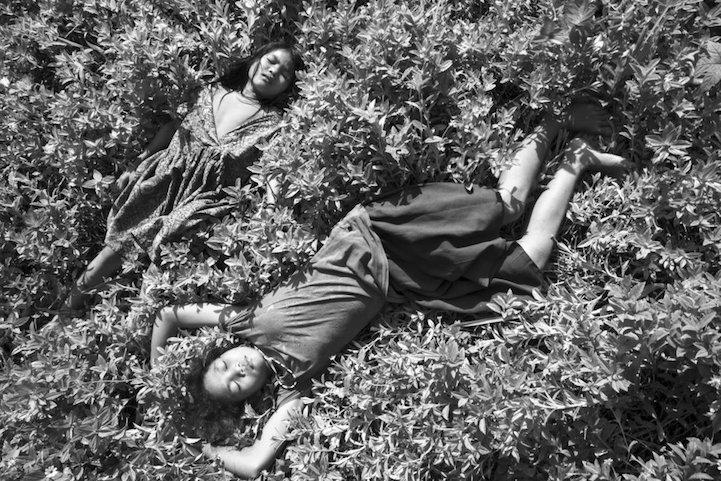
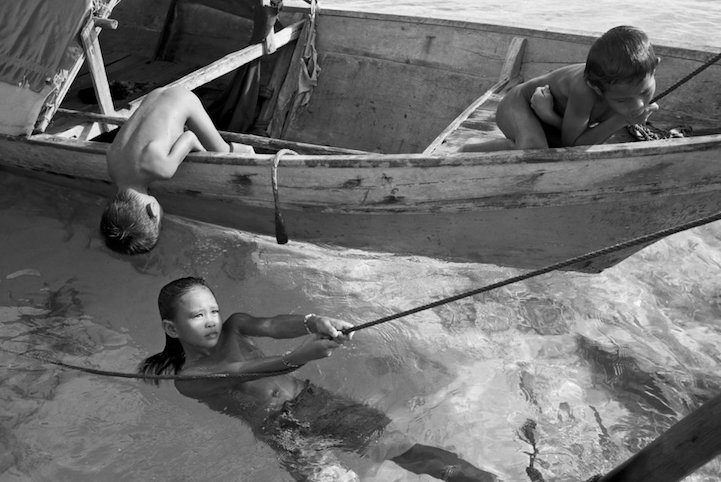
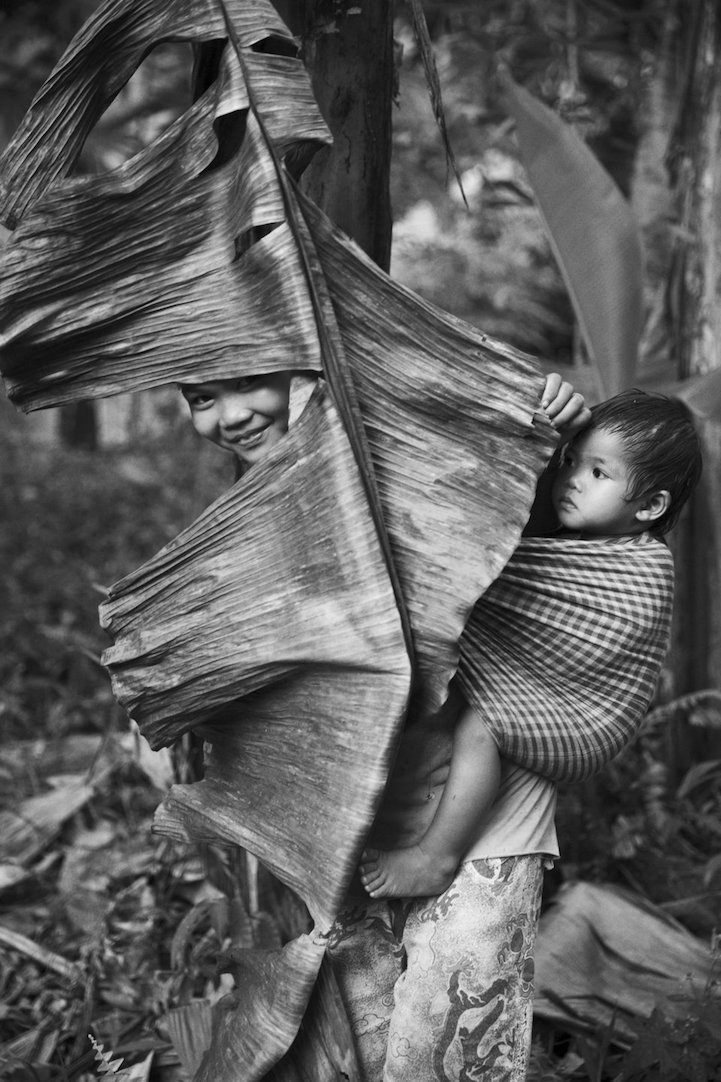
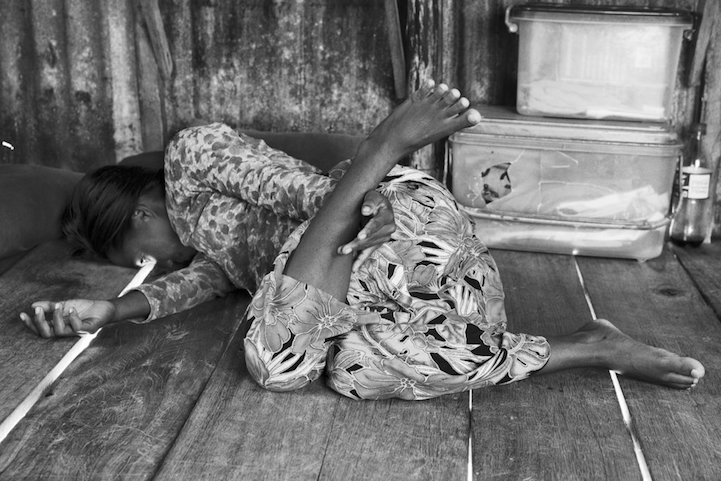
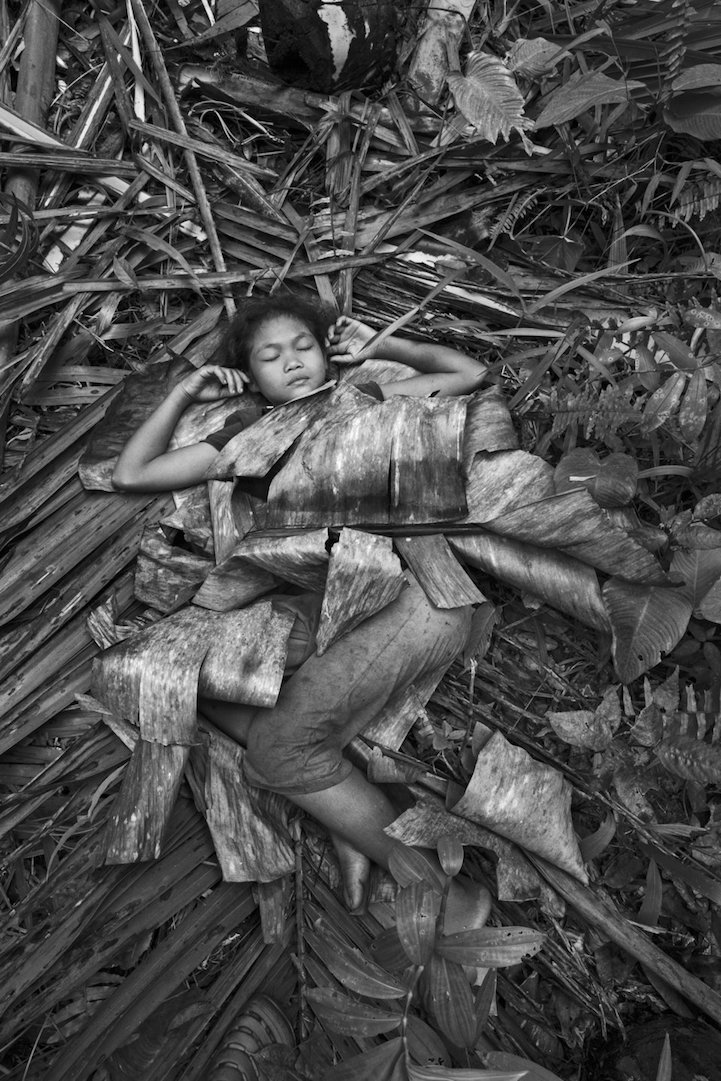
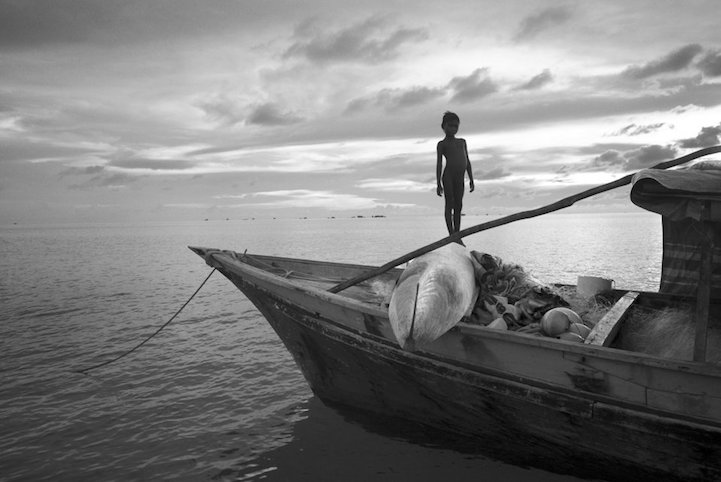
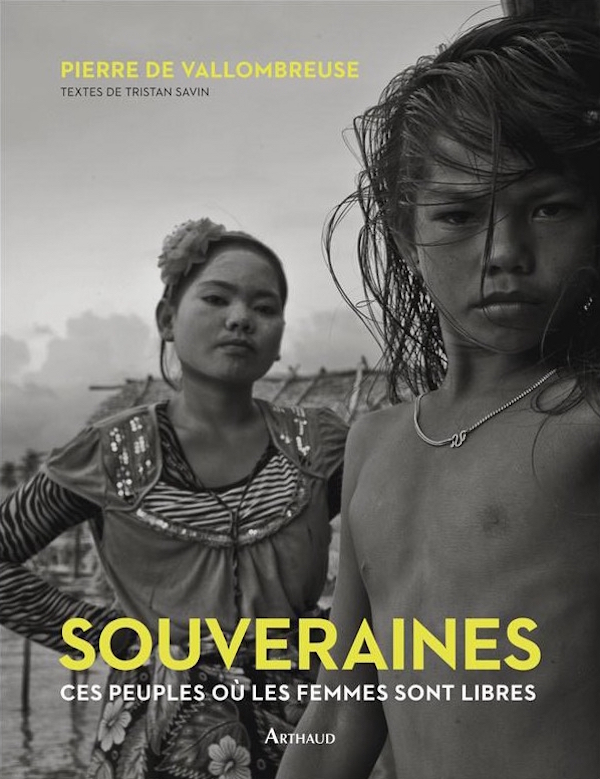
Pierre de Vallombreuse: Website | Facebook | Twitter
My Modern Met granted permission to use photos by Pierre de Vallombreuse.
